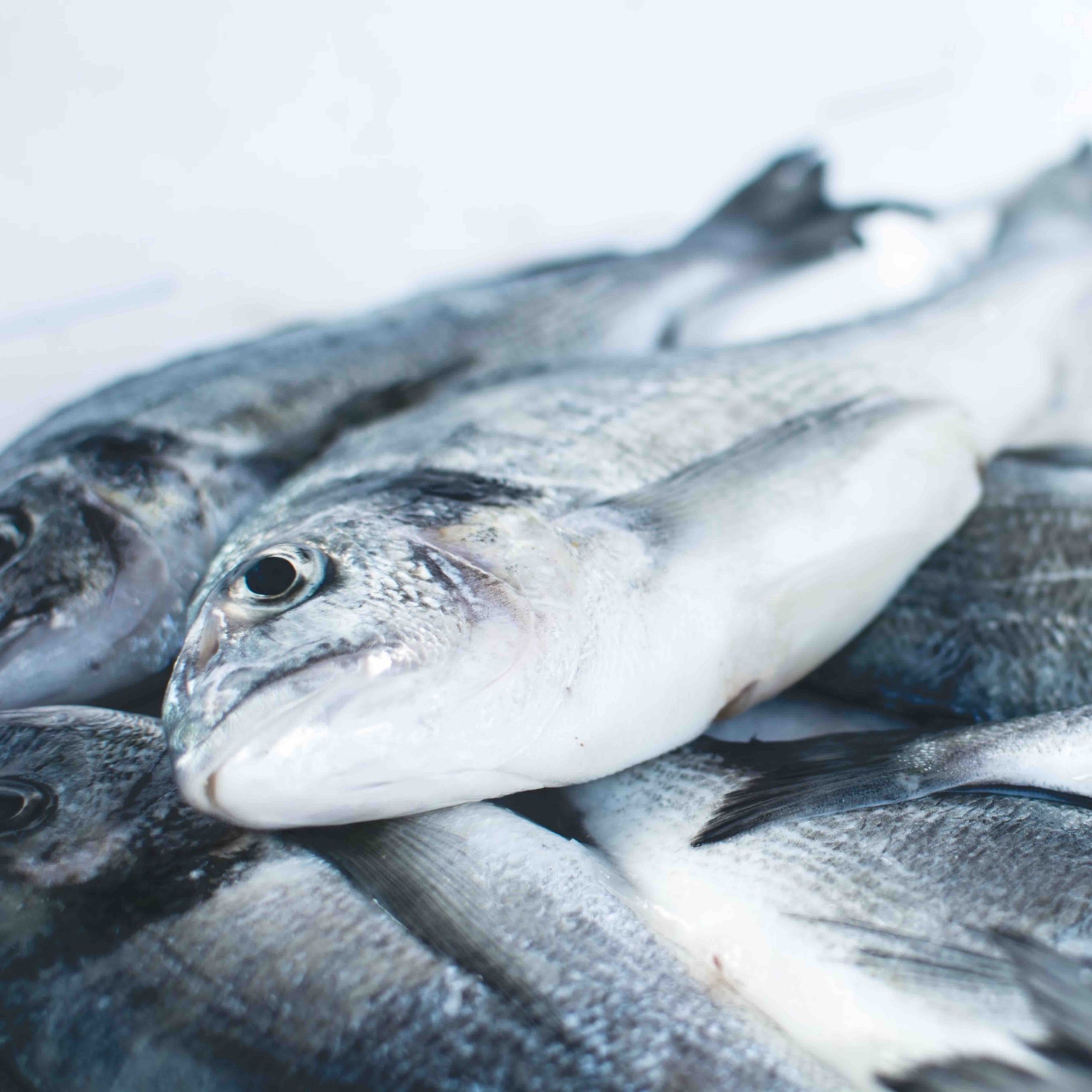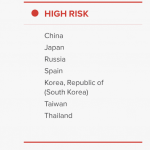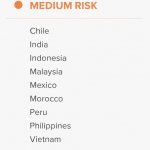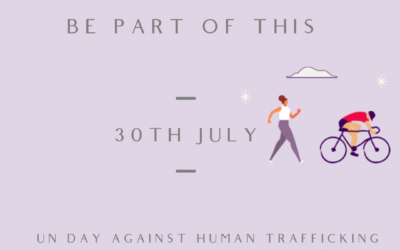A New US Ban to Fight Forced Labour in Fishing
‘Fish caught by vessels bearing the Taiwan flag have been classified as products of forced labor. Based on the conditions under which the crews work, according to an annual report released Wednesday by the United States Department of Labor.
According to the report on Goods Produced by Child Labor or Forced Labor: Taiwan’s longline fishing fleet of 1,100 vessels is the second largest in the world. (After China’s) And it employs an estimated 35,000 migrant workers. Most from Indonesia and the Philippines.
‘Similar to crews on Chinese-flagged vessels, crews on Taiwan-flagged vessels face confiscation of documents, long days with little rest, physical and verbal abuse, and lack of payment,” the 2020 document states, citing media reports.
Taiwan’s inclusion for the first time in the report means that American companies buying fish from Taiwan suppliers might come under close scrutiny at U.S. Customs and risk suspension of the supply chain.‘ Read the full article here.
–
Why is There a Need to watch the Fishing Industry?
According to the International Labour Organisation, ‘a string of recent reports indicate that forced labour and human trafficking in the fisheries sector are a severe problem. These reports suggest that fishers, many of them migrant workers, are vulnerable to severe forms of human rights abuse on board fishing vessels. Particularly, migrant workers are vulnerable to being deceived and coerced by brokers and recruitment agencies. And they are forced to work on board vessels under the threat of force or by means of debt bondage.
They have found that ‘victims describe illness, physical injury, psychological and sexual abuse, and deaths of crew-mates. Because their vulnerability on board vessels in remote locations of the sea for months and years at a time. Fishers are forced to work for long hours at very low pay. Also the work is intense, hazardous and difficult. Capture fisheries have one of the highest occupational fatality rates in the world.’ Read more
–
Countries at Risk of having Modern Slavery in their Fishing Industry
The Global Slavery Index did extensive research in the fishing industry in 2018. ‘Together with researchers from the Sea Around Us, at the University of Western Australia, the University of British Columbia, the Walk Free Foundation sought to determine a set of risk factors that are associated with modern slavery in fisheries at a global level. In the absence of local reporting, these risk factors enable us to identify likely areas of national risk.‘ Read more.
Below is a summary of some of the countries they determined were at risk.
–
How can We Check our Fish does not have Slavery in it?
Fish and chips is not all you thought it was anymore! Because, two thirds of the fish eaten in Australia are imported! So what can you do? Check out our tips below:
- Research carefully the tinned fish or frozen fish that has the above countries listed as the source. Also check your pet food!
- Buy Local. Australia has amazing fish and seafood, we are spoilt. Even at your local fish shop, ask if the fish has been imported frozen.
- Check out GoodFish: Australia’s Sustainable Seafood Guide. This site also lists Sustainable Seafood Restaurants! And they even have an app you can download. So now is a great time to be supporting the Australian economy.
- Greenpeace have also done a canned tuna guide which you can check out. Because we all know how much Aussies love tuna, and it is high risk.
So that is a great start, ready for summer. Thank you for taking time to read this and think it through.
Join our Community
If you would like to volunteer, contact us here.
Or if you would like to get our monthly up date, opt in here.
If you would like to support a survivor, donate here. (tax deductible)
SO THANK YOU FOR TAKING THE TIME TO READ OUR BLOG XX (Please review it or share it with others)
–
Other blogs you might enjoy:
Three Women: Real Lives – Trafficked






